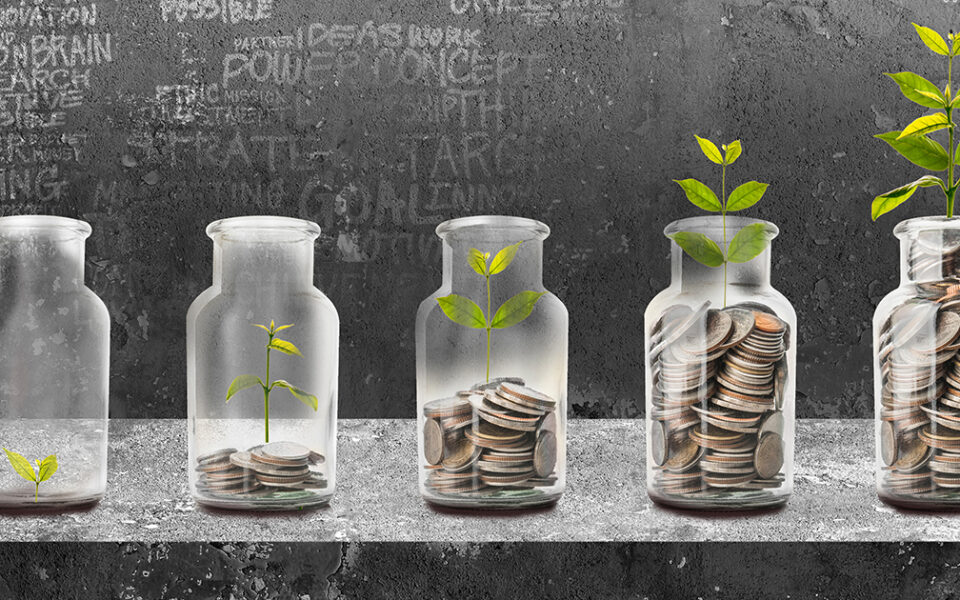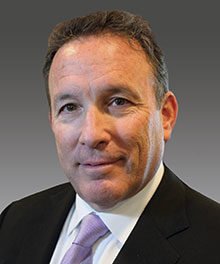The Great Recession, 10 Years Later

As you know, last week at this time I was in Berlin. I flew back to New York Saturday morning on a close-to-nine-hour flight, which is just about four movies’ worth. I wanted to continue following up on the Oscars. I watched “The Favourite” (confusing and bizarre), “Blackklansman” (excellent!), “A Star is Born” (for the second time and, oh Bradley, if it weren’t for Rami Malik), and “The Front Runner” (well, the plane actually landed early and I still have an hour to go.)
It’s hard to believe that tomorrow we’re coming up on the 10-year anniversary of the worst economic shock in 75 years. It was March 9, 2009 when the market hit bottom.
With so many business leaders in virtually every industry on the hunt for talent right now, the days of mass layoffs and 10% unemployment seem almost like a mirage – but we all know the Great Recession was very real for the millions of people whose lives were turned upside down. Here at Marcum, we witnessed many of the struggles middle-market companies went through, including ourselves – and the herculean efforts their CEOs made to keep them on track – and we’re glad we were able to help so many of you with financial and strategic advice.
No one could have anticipated all of the mind-blowing events that took place during that period: Lehman Brothers filing for bankruptcy, Bear Sterns collapsing, the takeover of Merrill Lynch by Bank of America, the Federal Reserve’s bailout of AIG, the federal government’s bailout of Fannie Mae and Freddie Mac. The list goes on.
We’re still seeing the long-term effects of the Great Recession, which officially ended in June 2009. The results of the last election reflected the lingering frustrations that many Americans felt after losing their jobs, watching their homes lose value (and for many, go into foreclosure), and seeing their net worth decline.
A decade later, both business and political leaders need to give serious thought to how much the financial events of that time have affected today’s business and political landscape, even in good times. Thanks to all of the crazy and unexpected events we’ve seen in the past 10 years, one of the most important jobs of every leader is to prepare for the unforeseen. This means doing an ongoing SWOT (strengths, weaknesses, opportunities and threats) analysis on our businesses. We find ourselves helping many of you with this type of planning on a very frequent basis these days.
Beyond this, we’re doing business in an environment where many people have lost faith in our organizations – government, big companies and banks, to name a few. They feel unprotected and are looking for a system they can count on to keep them secure.
Most leaders of middle-market firms are not running for office, but we do have an opportunity to give the public something to trust: our companies. The way we serve our clients (or customers), internal teams, and communities makes a difference in whether they believe in our economic system or not. All of the work that so many of you do to make sure your business is a rock of stability contributes to our cohesiveness as a society.
Despite what happened in the Great Recession, I am still a staunch believer in our economic system. Imperfect as it is, it’s still pretty darn resilient. In the 10 years since the market hit bottom, the S&P brought in a 17.8% total annualized return. Many people have seen the value of their homes rebound and there’s now almost unquenchable demand for talent and skilled workers. And the capital markets are liquid and vibrant.
As I think about this, I’m grateful to all of the middle-market CEOs who have been such an important part of rebuilding our economy after the catastrophic disaster we all experienced a decade ago. The work you continue to do to keep your teams employed and your customers happy is important, and not just to the economy. It keeps America strong, too.
